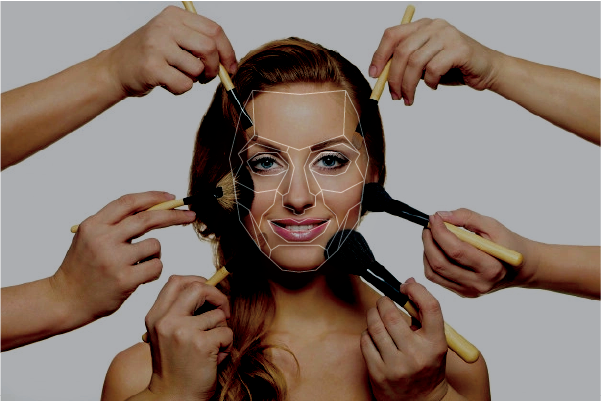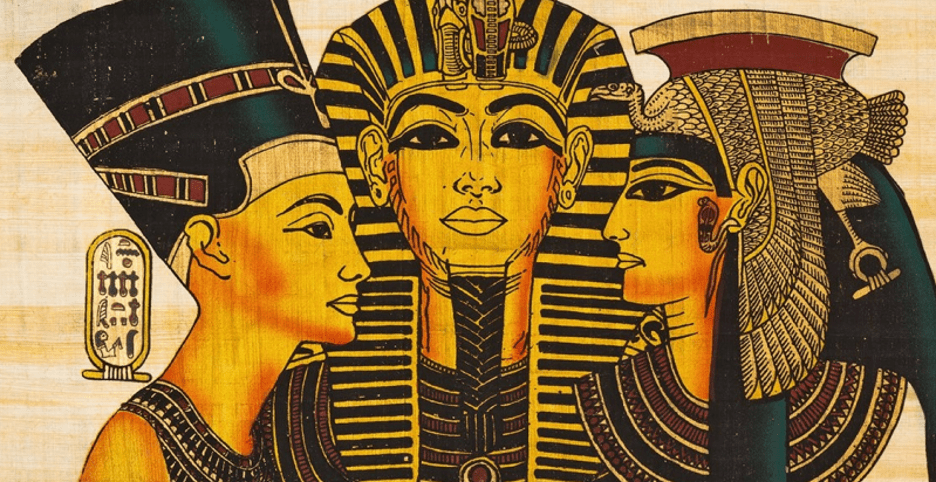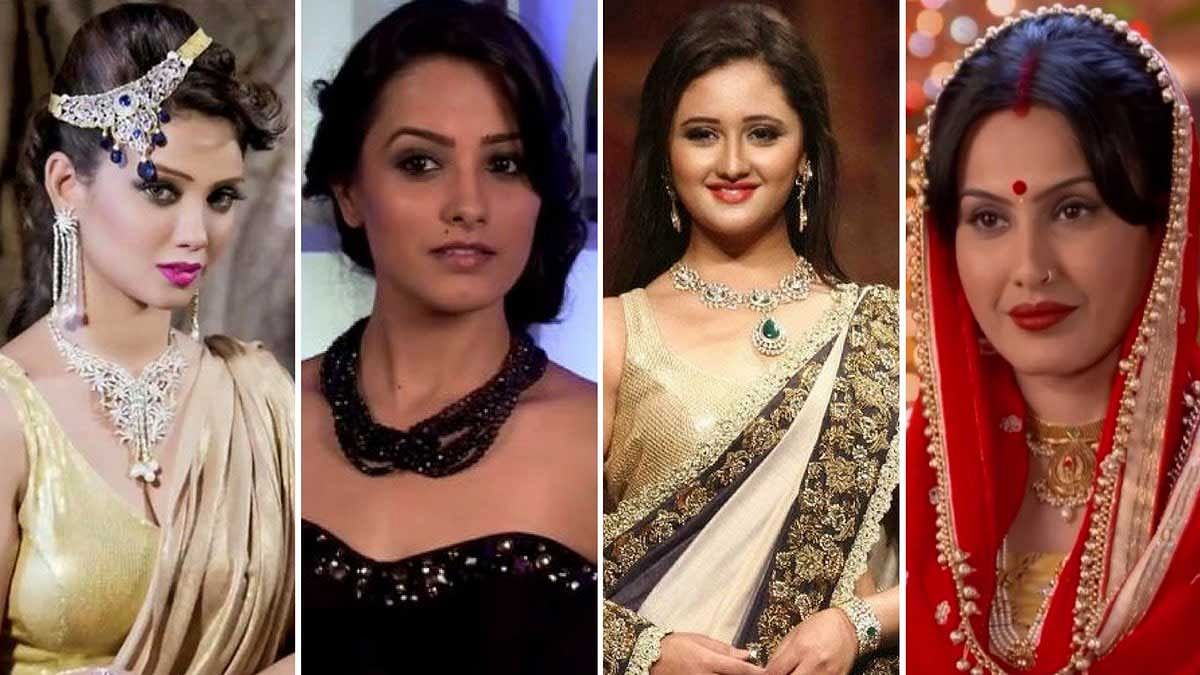Makeup: A Beautiful Past, Its Gender Biases And The Absurd Need To Use It To Look Beautiful.
This essay explores why every woman feels the need to wear the barest amount of makeup to distinguish apart from cultural norms or why women are constantly scrutinised on the basis of their appearance. Therefore, whether you choose to wear makeup or not is entirely up to you; either choice is correct.

For the last few days, one topic that is orbiting our lives is none other than the grand launch and successful landing of Chandrayaan; yeah, ‘India became the first nation to land on the south pole of the moon successfully’. At the same time, some photos of ISRO scientists, the great ladies, are going viral. These great ladies, dressed in sarees and having ‘tilak’ on their heads, represent the glory and intelligence of Indian women.
One thing that captivated my eyes is that the majority of these ladies are in a conservative way of dressing; isn’t it strange to see that these genius women are far from the world of bright makeup yet have the power to shine brightly high in the sky?

It is completely fine to wear cosmetics or not; however, not all of us have the courage to move out in society with the actual, real face, with genuine, no cosmetics.
Down the lane, we are going to discuss an issue that can have various perceptions. However, this piece of paper discusses why women are always judged on the basis of Makeup or why every woman feels the need to wear the bare minimum Makeup to stand out from societal standards. So, in the end, whether you want to wear cosmetics or not is completely your call, and either is correct. So, let’s dive down the lane.
From bright Makeup to no-makeup Makeup, women were always paired with some cosmetics to justify their beauty. What if I say that there are women who completely want to go without any cosmetics? Well, you will say there’s hardly anyone like that. But the truth is completely reversed. Being a woman, I can completely agree that all of us want to move without cosmetics. However, it’s just we are bonded with societal laws.

How the word beauty is used in cognisance with Makeup?
As time moved on, the meaning of beauty got submerged by the cosmetics one wears. If you don’t believe it, just go and search for the word ‘Beauty’ on the internet. The Wikipedia definition claims beauty is a feature of any object that is pleasurable to perceive. However, the moment you click on the ‘images’ tab, the majority of images are of cosmetics brands displaying their products as a function of beauty. That’s the level till which we have perceived that to become beautiful, we have to use cosmetics.
A brief about how it all started.
Have you read about Egypt? Yeah, those pyramids, mummies, and from now onwards, the start of Makeup also. Makeup finds its roots all the way back to 6000 BCE, starting with the Egyptians. They created cosmetics as they believed cosmetics was next to godliness and that it delighted the Gods; both men and women of all social classes used Makeup. However, over time, the responsibility of looking good shifted to women, similar to the burden of earning shifted to men. Isn’t it strange that the ancient era had more ‘real’ equality than we pretend to enjoy today?

How does Makeup become gender specific, and why is it the women who took all the brunt to become the brand ambassador of Makeup?
For years, cosmetics has been viewed as a “girls-only” work, but that wasn’t always the case. For millennia, from 4000 BCE until the 18th century, men used Makeup in various ways. Makeup was not restricted to one end of the gender range until the mid-1800s.
This all changed when Queen Victoria linked Makeup to the devil and called it a terrible creation. Afterwards, the Church of England agreed with the prominent Queen Victoria I of Great Britain that Makeup was impure. Makeup was regarded as “an abomination”, an evil, by both the monarchy and the church throughout the Victorian era, resulting in strong, widespread links connecting cosmetics, vanity, femininity, and the Devil’s work. As religious ideals permeated civilisations worldwide, conventional notions of masculinity shrank. By the twentieth century, Makeup was regarded as a female-only activity.
As we move ahead in the clock from ancient, we see that women were in charge of endorsing beauty and cosmetics. In the Indian context, these bifurcations were even more exaggerated by the onset of film characters, which showed men to be ‘angry young man’ and women were portrayed as ‘dream girl’. Not only big screens but the daily soap serials in the square box also started to display women wearing Makeup even when they sleep. This is the extent to which women were engraved into the concepts of beauty and cosmetics.

Today, the world is gradually getting around to accepting multiple gender expressions. For the first time in centuries, males wearing cosmetics is not entirely disapproved of. Cosmetics is in the early phases of becoming more gender-inclusive, thanks to social media and the rise of male beauty bloggers. However, we still have a long way to go.
Now, since we accepted that cosmetics are not gender-specific, it is relevant to understand whether cosmetics are really needed or if it is just a myth over a mind game.
Do all individuals want to wear cosmetics? The answer is a big NO. From smudge-proof Makeup to nude Makeup to 5-minute Makeup, many videos on social media try to create a trajectory that every person can wear some amount of Makeup. However, it is not always possible. The constraints can be many, from money to time to medical problems to the place where a person is going; there are many parameters on which ‘no makeup fits the best’.

For example, it may be easy for a person to wear cosmetics sitting at a corporate office as the temperature inside the building can be a bit comfortable. On the other hand, a person at field posting, running here and there in search of news or to rectify a problem, can not be comfortable wearing those layers of cosmetics in those hot and humid temperatures. So, creating differences based on Makeup and deciding whether the person is looking ‘presentable’ or not is not justified.
Conclusion.
The idea here is that every person has an individual choice, which should not be subjected to society’s standards.
- So, next time, if you see a woman not wearing cosmetics, do not consider her not worthy or sick. Or if you see a man wearing Makeup, do not raise your eyebrows and target his masculinity.
- Also, next time, if you see someone in full face makeup, don’t think that the person has ample free time. If you see someone with completely no cosmetics, don’t feel pity that hush; she may not get time in between the household chores.
Ultimately, wearing Makeup or not is entirely your choice, and you should not listen to anyone giving you irrelevant advice. At the same time, learn to see people by the ‘spectacles of evolution’ and try to acknowledge and appreciate everyone’s choice.




